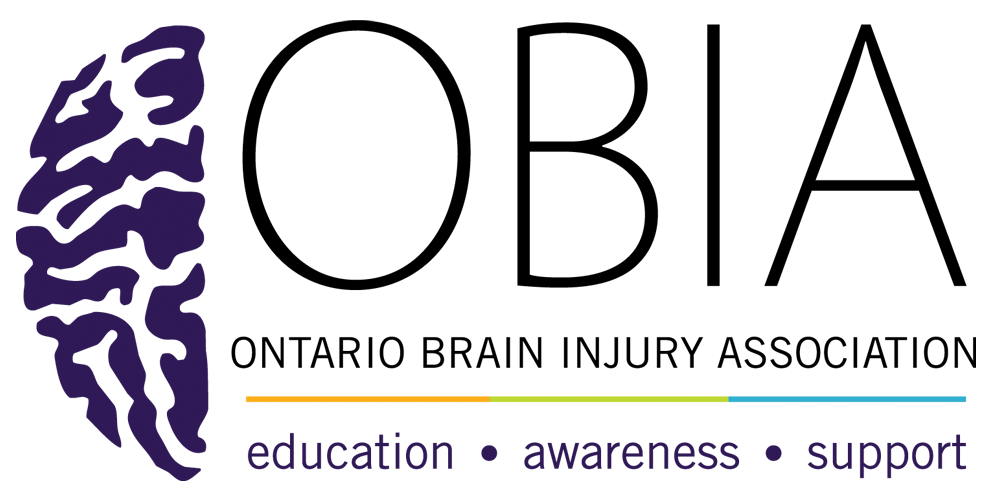The Brain
The brain is complex and controls every aspect of the human experience. Therefore, the effects of an injury are unique to everyone and may depend on a variety of factors including the severity and location of the injury, any pre-existing medical conditions, as well as medical treatment and rehabilitation following the injury.
The main effects or changes following a brain injury can be grouped into three categories:
The Brain
The brain is complex and controls every aspect of the human experience. Therefore, the effects of an injury are unique to everyone and may depend on a variety of factors including the severity and location of the injury, any pre-existing medical conditions, as well as medical treatment and rehabilitation following the injury.
The main effects or changes following a brain injury can be grouped into three categories:
Physical Changes
Since the brain controls all sensory input and non-reflex motor responses, there is a wide range of possible physical consequences. Here is a list of physical changes an individual may experience following a brain injury.
Listen to Mary Lou talk about the fatigue she experienced after her brain injury
Listen to Mary Lou talk about the fatigue she experienced after her brain injury
Hormonal Imbalances
May occur when areas responsible for controlling hormones are damaged
Bladder and Bowel Control
Often incontinence is experienced in the first weeks after injury
Emotional and
Behavioural Changes
Many individuals with an acquired brain injury will have emotional and behavioural changes which vary in nature and severity. Behaviour changes associated with acquired brain injury are not easily identified or understood, and in many cases pre-injury behaviours may become exacerbated following the injury. There are no simple or universal ways to treat unwelcome behaviours and emotional challenges following a brain injury because they depend on the location and severity of the injury. Since every person is different, every approach and intervention will be unique.
Below are possible changes to emotions and behaviours an individual may have following a brain injury.
Listen to Russ talk about his struggle with anxiety following his brain injury
Listen to Russ talk about his struggle with anxiety following his brain injury
Decreased Empathy
Empathy is the ability to understand and share the feelings of another person
Grief and
Loss
Grief is a normal response to any type of loss and is common after brain injury
Irritability and Frustration
One of the most common changes following a brain injury is irritability
Cognitive Changes
Cognitive changes following a brain injury may affect the way an individual is able to think, learn, and remember. Different cognitive abilities are controlled by different parts of the brain and as a result, an injury to the brain may damage some, but not all, abilities.
Just as physical changes can improve with appropriate support and time, cognitive abilities may improve as well and new pathways can be created through neuroplasticity. However, there are times when accommodations are required for an individual to function in their daily lives.
The following are possible cognitive changes an individual may experience after a brain injury.
Listen to Katie talk about her difficulty with initiation following her brain injury
Listen to Katie talk about her difficulty with initiation following her brain injury
Auditory
Perception
The ability to interpret information received by the ears may be impacted
Information
Processing
The ability to process information may be slower than it used to be
Initiation and
Motivation
The ability to initiate activities is an important skill in everyday life
Visual
Perception
The ability to initiate activities is an important skill in everyday life
Managing Change by Becoming Solution Focused

Solution focused planning is a way to manage change that begins with a positive outlook. Rather than focusing on the problem and trying to fix it, it looks at what is working, successes and possibilities. The following is a 6-step process to help your loved one make positive changes.
Focus on:
- Your goals and the future
- What remains
- What is working
- Positives
- Successes
- Possibilities
Steps to Positive Change
Step 1: Identify the Challenge
- What would you like to see changed?
- What makes it worse?
- When does this occur?
Step 2: Describe the Desired Change
- What would you like to see instead?
- What helps and what has worked?
Step 3: Identify the Option
- What can you do?
- How can you respond?
Step 4: Identify other Resources
- Who else can help and what can they do?
- What other resources can you access?
Step 5: Share the Plan
- Share this plan with all involved.
- Who do you need to share the plan with?
- Give the ideas a try
Step 6: Reflect and Review
(back to Step 2 if needed)
- Did things change?
- If yes, time to celebrate!!
- If not, was there a breakdown
in the plan and what might need to be changed?
Steps to Positive Change
Step 1: Identify the Challenge
- What would you like to see changed?
- What makes it worse?
- When does this occur?
Step 2: Describe the Desired Change
- What would you like to see instead?
- What helps and what has worked?
Step 3: Identify the Option
- What can you do?
- How can you respond?
Step 4: Identify other Resources
- Who else can help and what
can they do? - What other resources can
you access?
Step 5: Share the Plan
- Share this plan with all involved.
- Who do you need to share the plan with?
- Give the ideas a try
Step 6: Reflect and Review
(back to Step 2 if needed)
- Did things change?
- If yes, time to celebrate!!
- If not, was there a breakdown
in the plan and what might
need to be changed?

